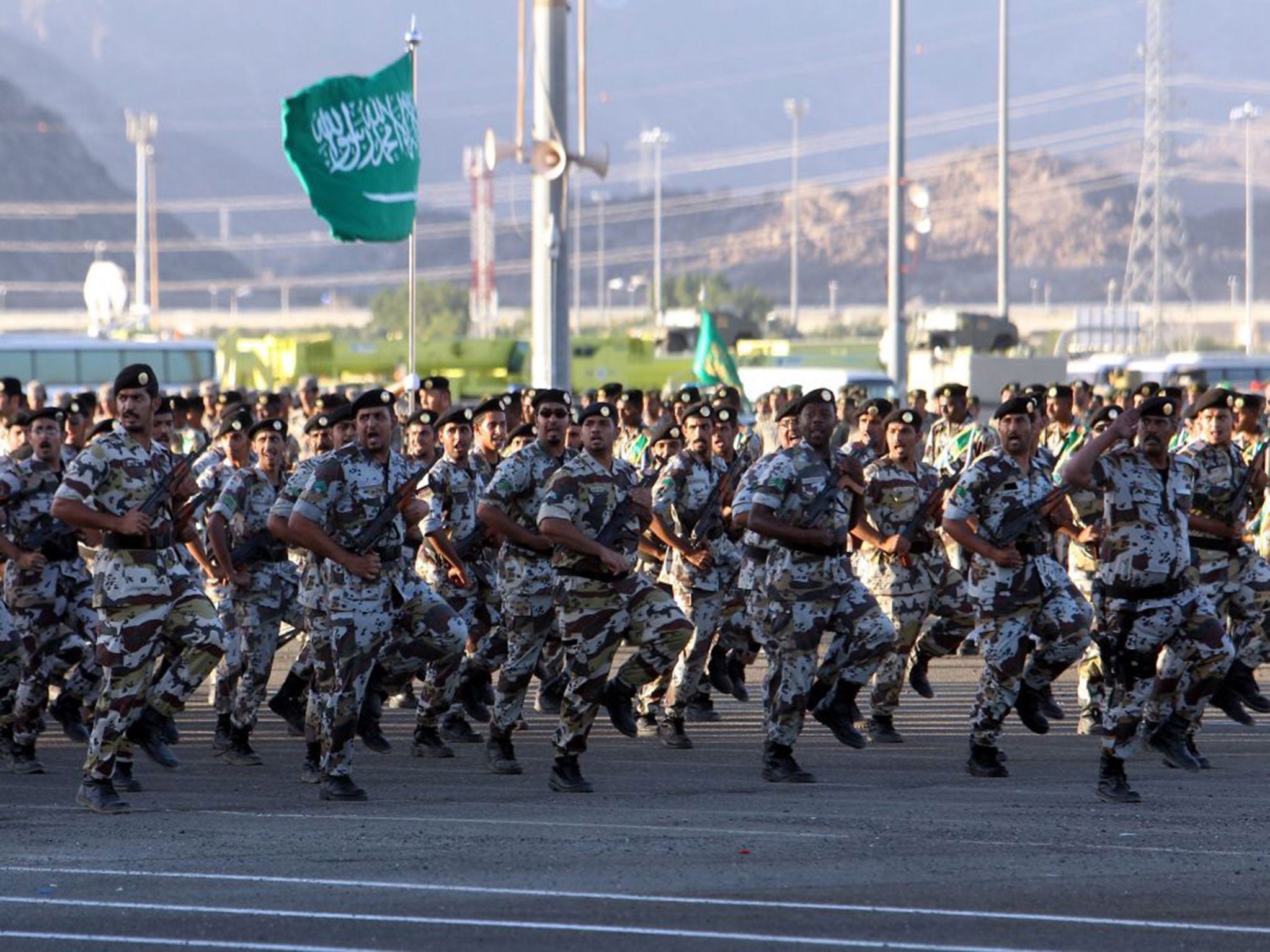Saudi Arabia intervening in the Syrian civil war would risk Russian wrath
Saudi intervention would add yet one more combatant in the most complex and dangerous battlefield in the world

Your support helps us to tell the story
From reproductive rights to climate change to Big Tech, The Independent is on the ground when the story is developing. Whether it's investigating the financials of Elon Musk's pro-Trump PAC or producing our latest documentary, 'The A Word', which shines a light on the American women fighting for reproductive rights, we know how important it is to parse out the facts from the messaging.
At such a critical moment in US history, we need reporters on the ground. Your donation allows us to keep sending journalists to speak to both sides of the story.
The Independent is trusted by Americans across the entire political spectrum. And unlike many other quality news outlets, we choose not to lock Americans out of our reporting and analysis with paywalls. We believe quality journalism should be available to everyone, paid for by those who can afford it.
Your support makes all the difference.The suggestion by Saudi Arabia that it send ground troops to Syria might mean the limited deployment of Saudi special forces alongside their US counterpart or a more ambitious intervention, probably in combination with the Turkish army.
It might also be a desperate last throw of the dice to rescue a bankrupt policy as it becomes clear that a five-year effort by Saudi Arabia, Turkey, Qatar and the Gulf monarchies to overthrow Syria’s President, Bashar al-Assad, has failed. The Syrian army is advancing on all fronts, backed by Russian air strikes, and has cut off opposition forces in Aleppo.
Saudi policy has become more aggressive and proactive over the past year as it has come under the control of the deputy Crown Prince and Defence Minister, Prince Mohammed bin Salman, who is seen as the power behind the Saudi throne. But much remains unclear about any proposed action by Saudi ground troops in the Syrian civil war, though the US has welcomed the idea of extra help from Saudi Arabia and anybody else who wants to join the fight against Isis.
If Saudi Arabia becomes involved in any more ambitious venture in Syria it is likely to be in association with Turkey; but Turkey’s policy towards sending its army across the border is ambivalent because to do so would be highly risky.
President Recep Tayyip Erdogan is appalled by the prospect that the war in Syria may conclude with Mr Assad still in power and the de facto Syrian Kurdish state of Rojava controlling half of the 550-mile long Syrian-Turkish border. Turkey particularly wants to prevent the Syrian Kurdish militia force, the People’s Protection Units (YPG), advancing west of the Euphrates and linking up with the Kurdish enclave of Afrin. This would cut the supply lines of Isis and the non-Isis opposition from Turkey to Aleppo.
Any move across the border into Syria by Turkey and allies such as Saudi Arabia has become more complicated, and potentially more costly, since the Russian military intervention on 30 September last year and the shooting down of a Russian bomber by a Turkish F-16 fighter on 24 November. A cross-border move might now provoke the use of Russian aircraft and anti-aircraft missile systems against the Turks and anybody else involved.
Armed intervention by the Sunni states could be presented as the creation of “a safe zone” for the tens of thousands of displaced people in the area, though it certainly would not be safe as it would be in the centre of a battle zone. There is the danger that any Saudi-Turkish ground assault would be in association with local opposition fighters grouped under the umbrella organisation Jaish al-Fatah; this is supported by Turkey and Saudi Arabia and is led by the al-Nusra Front, al-Qaeda’s Syrian branch, and by the ideologically similar Ahrar al-Sham.
If Saudi Arabia does intervene in this part of Syria it will become yet one more combatant in the most complex and dangerous battlefield in the world.
Join our commenting forum
Join thought-provoking conversations, follow other Independent readers and see their replies
Comments